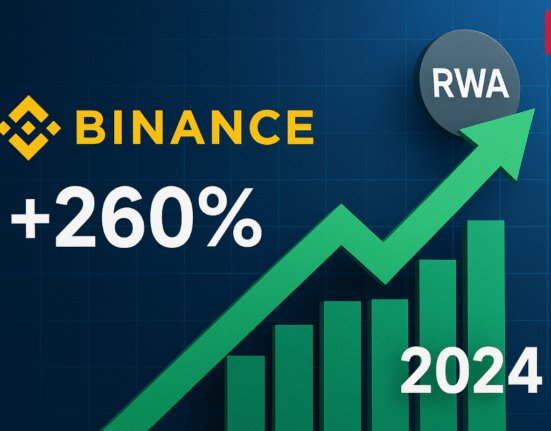Cohere, the Canadian artificial intelligence startup valued at $5.5 billion is pivoting toward creating specialized AI models for enterprise use. The company’s move steps away from the traditional large models most of its competitors are currently invested in.
Cohere’s co-founder, Nick Frosst emphasized that today’s businesses need models designed for specific tasks rather than generic, all-encompassing ones. The strategic shift to building customized models comes as a result of companies seeing diminishing returns from their larger models.
The problem of diminishing returns from scaling AI models
Ilya Sutskever, co-founder of AI labs Safe Superintelligence (SSI) and OpenAI, mentioned that the gains from training AI models on large data sets have plateaued. Companies now face delays in the training and deployment of new generations of large language models.
The industry, which initially saw breakthroughs by throwing computational power and resources at larger models, has started to recognize that size is not always synonymous with quality or utility.
In a letter to its investors, Cohere says this new direction is a result of companies struggling to incorporate AI into their daily work.
Instead of pursuing artificial general intelligence (AGI), which some companies like OpenAI see as the future of AI, Cohere is taking a more targeted approach. The company aims to achieve greater capital efficiency by optimizing existing models for real-world applications.
“We’re going to work with enterprises to make models perfect for their use case, tailor them to their specific needs, and bring them to production,” Frosst said.
He was clear that Cohere would not rely on the notion that AGI is just around the corner, emphasizing that increasing model size doesn’t equate to better results.
The race to build better models
The race to build large and better AI models has led to a boom in investment and development across the sector. Cohere recently raised $270 million in a Series C financing, while competitors like OpenAI, Anthropic, and other AI labs have raised billions of dollars to fund the capital-intensive process of developing frontier AI systems, which often require enormous amounts of computational power.
According to Cohere, it shifted from building larger models to custom models due to diminishing returns alongside feedback it received from customers. “What we’re hearing from customers is that they don’t just need bigger models to be good at everything. They need models that are actually built for their specific use cases,” Frosst said.
Cohere will be deploying customized versions of existing models that can provide direct value to businesses. Its models will be designed to understand and execute highly specific tasks tailored to each enterprise’s requirements, in contrast to the generalized capabilities often found in larger models.
Cohere’s new approach may also align with industry trends in sustainability and cost efficiency. With governments increasingly scrutinizing the carbon footprint of tech companies, Cohere’s strategy could offer an edge in navigating the evolving regulatory landscape.
Developing enormous AI models is not just an expensive business; it is also energy-intensive. AI firms may need more energy-efficient techniques to better position themselves to comply with future regulations as governments push for lower emissions and understand the technology better.
Land a High-Paying Web3 Job in 90 Days: The Ultimate Roadmap








